Most of us are looking for foods that are naturally delicious, low in calories, high in nutrition and filling. Certain foods can help us to feel more satiated and satisfied and as a result, they help to control our appetites. These foods are deemed as “high satisfaction foods.” These are the foods we want to feature as the mainstay for our diet. Why? Because they help prevent hunger pangs and all out binges, resulting in a more lasting and successful strategy for long term weight management and obesity prevention.
Filling foods tend to score lower on the glycemic index (GI). GI measures and ranks on a scale from 0 to 100 how a carbohydrate-containing food raises blood sugar (glucose) after eating. Foods with a high GI are those, which are rapidly digested and absorbed and produce fluctuations in blood sugar levels. Low-GI foods are more slowly digested and absorbed, resulting in more steady and gradual increases in blood sugar and insulin levels. Low GI foods have a positive impact on weight management because they help control appetite and delay hunger. Low GI diets also reduce insulin levels and insulin resistance.
Remember that fresh drinking water is also an essential part of feeling full – sort of. Sometimes we mistakenly identify with being hungry when really, we’re dehydrated. Staying on top of our hydration is an important part of maintaining a healthy mind and body. On the other hand, replacing food with liquid, is not the best strategy. Liquids fail to trigger the same physiological satiety mechanism as solid food. Fruit juice, for example, is not only higher glycemic than fresh fruit, it adds a lot of sugar and calories without adding fullness.
Whether you want to lose additional weight or you just want to maintain your physique, consider eating the following foods that are guaranteed to fill you up and help slim you down.
1. Beans and Legumes
Beans and legumes are plant-based sources of protein, fiber, complex carbohydrates, calcium, iron, folate, and zinc. For vegetarians and those who do not eat red meat, legumes and beans are an essential nutritional consideration. Their combination of complex carbohydrates and protein help unlock their amino acids, which serve as “brain food.” Consider choosing garbanzo beans (chick peas), lentils, soy beans (edamame), black beans, pinto beans–are all excellent choices when you’re looking for a food that will provide you with lots of fuel to get you through the day. These foods are full of fiber, protein and many vitamins and minerals. They’re easy to incorporate into just about meal and the canned variety is a convenient way to keep them easily accessible when in a pinch. Add them to salads, rice, pastas and even sandwiches for a quick pick me up and energy booster.
2. Sweet potatoes
Sweet potatoes are not only filling and incredibly delicious, their nutritional content is impressive. Sweet potatoes are an excellent source of fiber, beta carotene, vitamins C, B6, biotin, B5, E, and the minerals iron and potassium. Sweet potatoes may actually help stabilize blood sugar and they contain a significant source of antioxidants.
3. Green Veggies
Green veggies, especially those that are leafy, contain high amounts of antioxidants such as vitamins A, C, E and some B vitamins. Many also provide readily available calcium, protein and fiber. Eating at least five servings of vegetables and making sure that at least two of those are leafy greens won’t only keep you full and satisfied throughout the day, but they’ll also help you maintain a healthy heart while steering clear of colds and other ailments.
Although all vegetables are nutrient rich, some of the best options you can incorporate into your regular diet are kale, spinach, dark green lettuces, broccoli, mushrooms, carrots and brightly colored bell peppers. Consider including these vegetables in stir-fry meals, salads, casseroles, soups and sandwiches.
4. Nuts and Seeds
Almonds, walnuts, cashews, sunflower seeds, pumpkin seeds and others are all great forms of protein, a filling food. A handful of nuts or seeds between meals are a great way to stay full and help to avoid feeling deprived throughout the day. You can also add them to salads, soups, pastas and include them in oatmeal and yogurt to boost the satiety factor.
5. Fish
Fish are a great source of healthy omega-3 fats and protein, both of which combine to create satiety. The brain and healthy skin benefits add a wonderful side effect to this benefit.
6. Apples
When healthy adults consumed one medium-sized apple approximately 15 minutes before a meal, their caloric intake at that meal decreased by an average of 15%. Apples contain soluble fiber and phytonutrients that support our health and digestive tracks in addition to helping us feel fuller longer.
7. Whole grains
Whole grains like oatmeal, whole wheat pasta, oat bran, and wheat brain can all help keep us fully satisfied until our next meal. It is important to yield to portion control when consuming whole grains, because while they are a great source of fiber, they are generally not low-caloric. Balance out the carbohydrate hit with lean protein and healthy fats and you’ve got a true happy meal.

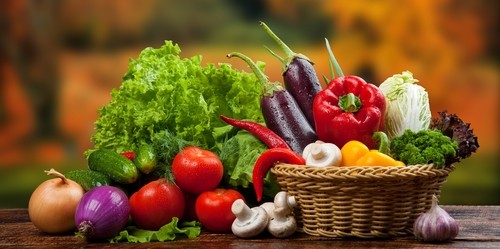
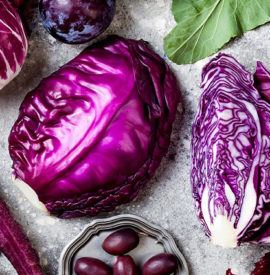
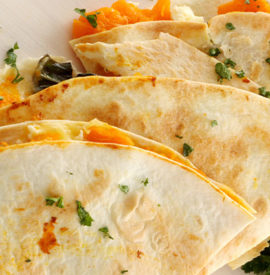

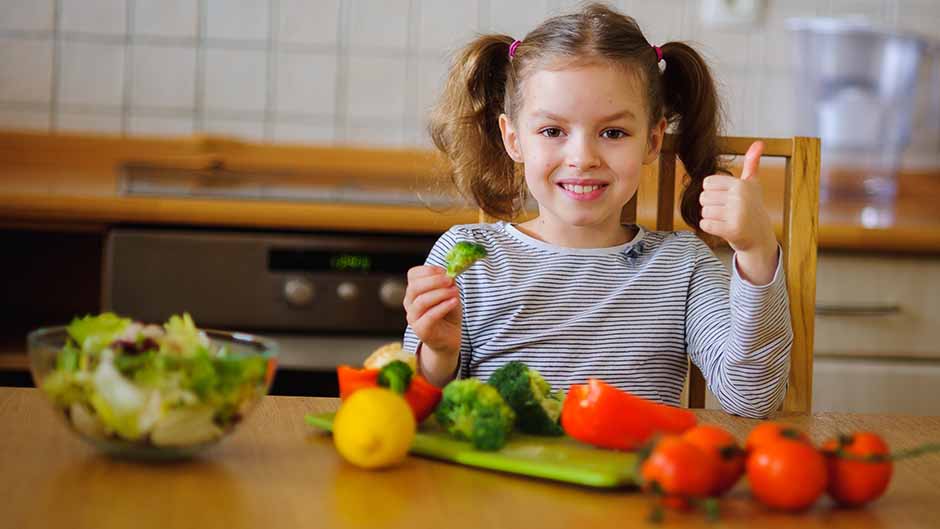


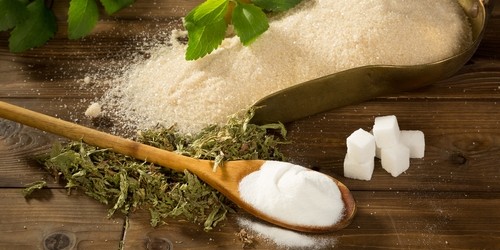
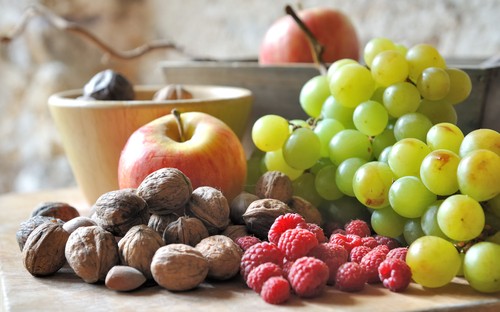
Comments
Thanks for this discussion, even professionals of Sb optical guide me to take green vegetables to prevent eye-related issues. You also can visit them at https://www.sboptical.ca/. Anyway, please keep continuing it.